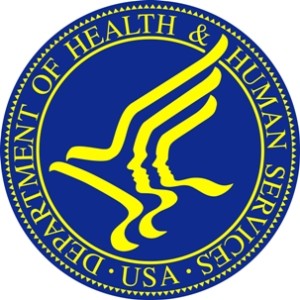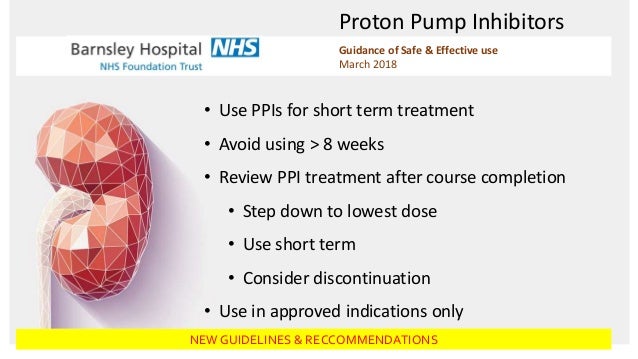Esophageal & gastric disordersguidelines esophageal & gastric disordersguidelines aga pocket guides aga clinical guidelines app practice update: 2016 endoscope reprocessing guideline practice update: low-grade dysplasia in barrett’s esophagus practice update: endoflip in esophageal disorder management practice update: poem in achalasia practice update: risks and benefits of long-term ppi use. Gerd treatment guidelines 2018. Hageal reflux disease (gerd) in infants and children and is intended to be applied in daily practice and as a basis for clinical trials eight clinical questions addressing diagnostic, therapeutic and prognostic topics were formulated a systematic literature search was performed from october 1, 2008 (if the question was addressed by 2009 guidelines) or from inception to june 1, 2015 using.
gerd treatment guidelines 2018
Treatment for ger and gerd may include lifestyle changes, medications, or surgery depending on the severity of your heartburn and symptoms skip to main content covid-19 is an emerging, rapidly evolving situation. Clinical history and questionnaires. typical gerd symptoms (heartburn and acid regurgitation) are more likely than atypical symptoms to respond to treatment, emphasising the value of an accurate clinical history.5 however, when compared with objective evidence of gerd defined by ph-metry or endoscopy, even an expert history by a gastroenterologist has only 70% sensitivity and 67% specificity. The grade system was used to evaluate the strength of the recommendations and the overall level of evidence (1, 2).the level of evidence could range from “high” (implying that further research was unlikely to change the authors’ confidence in the estimate of the effect) to “moderate” (further research would be likely to have an impact on the confidence in the estimate of effect) or.

